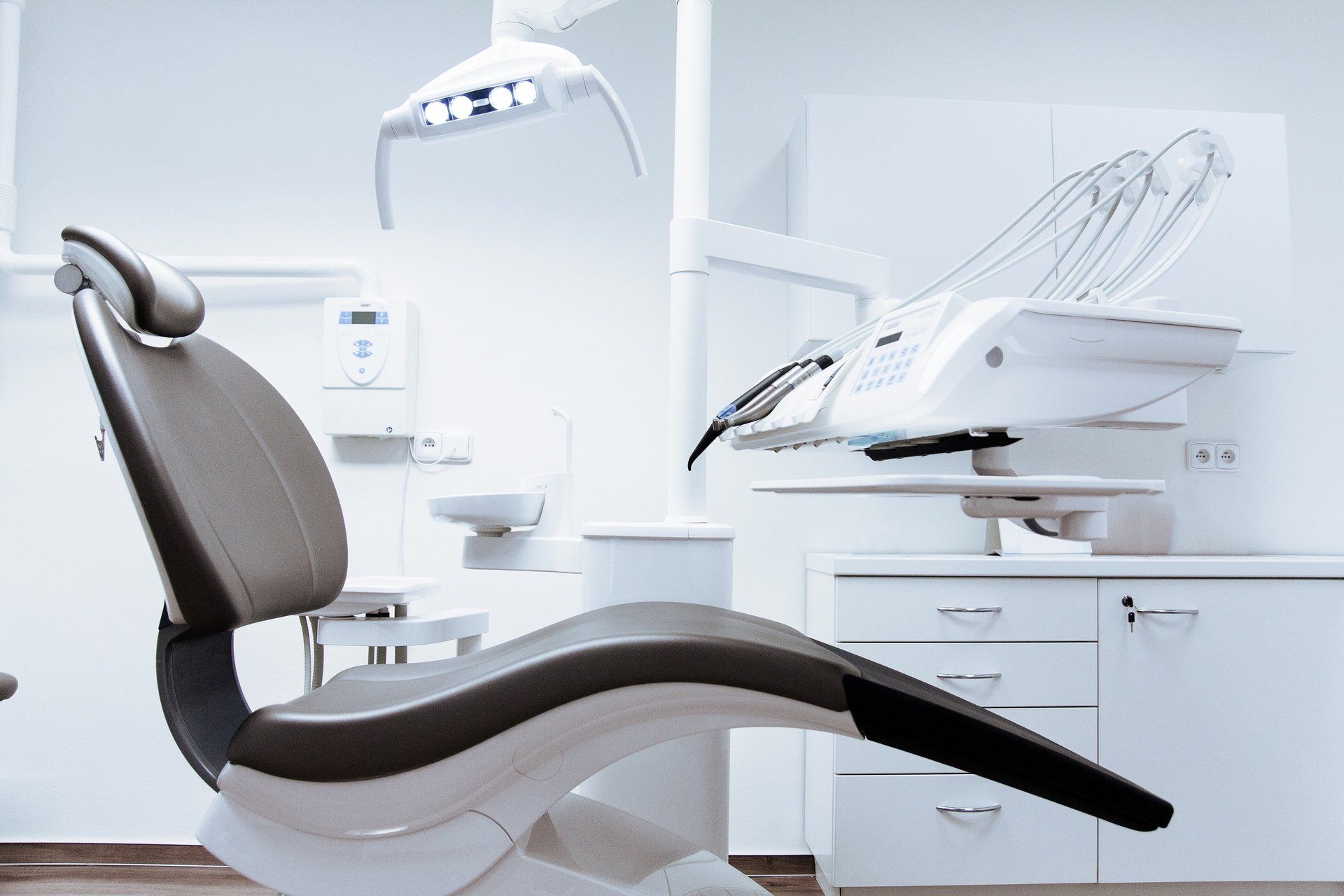Do Dentists Have To Share Their Clinical Notes With Patients?
Medicine, including dentistry, has historically been characterized as both a science and an art, a mix of the objective and the subjective. For every objective x-ray, test result, or observable condition, there is a corresponding subjective analysis, opinion, or interpretation as to what they mean, as well as other thoughts or comments the provider may have about a patient. For dentists and other physicians, these latter components of a patient’s health records are usually reflected in their clinical notes. While those notes can contain critical insights and information regarding a patient’s condition and care, they may also include observations or commentary that, left to their own devices, a dentist would rather not share with the patient.
But as all dentists are well aware, the Health Insurance Portability and Accountability Act of 1996 (HIPAA) provides their patients with a legal right to review and obtain a copy of their protected health information (PHI) upon request, and to have that information transmitted to another provider or other designated entity. And, under the subsequently enacted 21st Century Cures Act (“Cures Act”), in almost all cases that right includes access to a dentist’s clinical notes.
Signed into law in 2016, the Cures Act contains robust “information blocking” prohibitions (also referred to as “open notes” provisions) that dramatically limit the electronic health information (EHI) a dentist can withhold from a patient when they seek access to their records. Pursuant to the Cures Act Final Rule released by the Office of the National Coordinator for Health Information Technology (ONC) in 2020, patients have the right to rapid, free, and complete access upon request to test results, medication lists, referral information, and clinical notes, all in electronic format. This includes:
- Consultation notes
- Discharge summary notes
- Procedures notes
- Progress notes
- Imaging report narratives
- Lab report narratives
- Pathology report narratives
- History and physical (H&P) examinations
The final rule established several specific exceptions to the Cures Act’s information-blocking provisions. A dentist may be able to withhold their clinical notes from a patient if:
- It is reasonable and necessary to prevent harm to a patient or another person.
- It is necessary in order to preserve the patient’s privacy.
- It is necessary to protect the security of the patient’s EHI.
- The request is infeasible.
- The records are temporarily unavailable due to needed maintenance or upgrading of health IT.
Given that the failure to comply with the Cures Act can result in substantial fines as well as patient disputes, dentists should presume that their notes must be shared with or transmitted to a patient along with all of their other PHI. If you have concerns or questions about your obligations as to a specific request or set of notes, please contact
Grogan Hesse & Uditsky today.
We focus a substantial part of our practice on providing exceptional legal services for dentists and dental practices, as well as orthodontists, periodontists, endodontists, pediatric dentists, and oral surgeons. We bring unique insights and deep commitment to protecting the interests of dental professionals and their practices and welcome the opportunity to work with you.
Jordan Uditsky, an accomplished businessman and seasoned attorney, combines his experience as a legal counselor and successful entrepreneur to advise dentists and other business owners in the Chicago area. Jordan grew up in a dental family, with his father, grandfather, and sister each owning their own dental practices, and this blend of legal, business, and personal experience provides Jordan with unique insight into his clients’ needs, concerns, and goals.
Speak to an Attorney
We will get back to you as soon as possible.
Please try again later.






Get in touch
footer form
We will get back to you as soon as possible
Please try again later
SCHEDULE A FREE CONSULTATION
Contact Us
We will get back to you as soon as possible.
Please try again later.
GHU Law | All Rights Reserved |
Created by Olive + Ash.
Managed by Olive Street Design.
